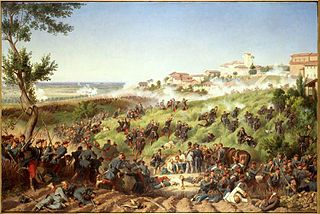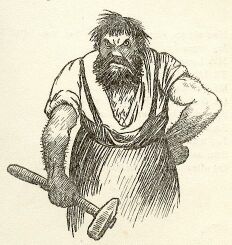Karl Urban (born 1972) is a New Zealand actor.
Karl Urban may also refer to:
- Karl von Urban (1802–1877), Austrian field marshal lieutenant
- Karl Urban (aviator) (1894–1918), Austrian fighter pilot
Karl Urban (born 1972) is a New Zealand actor.
Karl Urban may also refer to:

The University of Vienna is a public research university located in Vienna, Austria. Founded by Duke Rudolph IV in 1365, it is the oldest university in the modern German-speaking world and among the largest institutions of higher learning in Europe. The university is associated with 16 Nobel Prize winners and has been the home to many scholars of historical and academic importance.
Karl may refer to:
Elisabeth of Austria may refer to:

Karl-Heinz Urban is a New Zealand actor. His career began with appearances in New Zealand films and TV series such as Xena: Warrior Princess. His first Hollywood role was in the 2002 horror film Ghost Ship. Since then, he has starred in many high-profile movies, including as Éomer in the second and third installments of The Lord of the Rings trilogy, Vaako in the second and third installments of the Riddick film series, Leonard McCoy in the Star Trek reboot film series, Kirill in The Bourne Supremacy (2004), John "Reaper" Grimm in Doom (2005), Judge Dredd in Dredd (2012), Gavin Magary in Pete's Dragon (2016), and Skurge in Marvel Studios' Thor: Ragnarok (2017). In 2013, he starred in the sci-fi series Almost Human. Since 2019, he has starred as Billy Butcher in Amazon's superhero streaming television series The Boys.
The German word Müller means "miller". It is the most common family surname in Germany, Switzerland, and the French départements of Bas-Rhin and Moselle and is the fifth most common surname in Austria. Other forms are "Miller" and "Möller". Of the various family coats of arms that exist, many incorporate milling iconography, such as windmills or watermill wheels.

The Kingdom of Lombardy–Venetia, commonly called the "Lombardo-Venetian Kingdom", was a constituent land of the Austrian Empire from 1815 to 1866. It was created in 1815 by resolution of the Congress of Vienna in recognition of the Austrian House of Habsburg-Lorraine's rights to the former Duchy of Milan and the former Republic of Venice after the Napoleonic Kingdom of Italy, proclaimed in 1805, had collapsed.

Karl von Habsburg is an Austrian politician and the head of the House of Habsburg-Lorraine, therefore being a claimant to the defunct Austro-Hungarian thrones. As a citizen of the Republic of Austria, his legal name is Karl Habsburg-Lothringen.
Auersperg may refer to:

The Battle of Montebello was fought on 20 May 1859 at Montebello. It was the first major engagement of the Second Italian War of Independence, fought between Austrian troops commanded by Field Marshal Karl von Urban against Piedmontese cavalry and French infantry headed by General Elie Foray.

The Battle of Varese was fought on 26 May 1859 at Varese (Lombardy). It was an engagement of the Second Italian War of Independence, fought between the Italian volunteers formation of the Hunters of the Alps, led by Giuseppe Garibaldi, against Austrian troops led by Karl von Urban. The Austrian defeat allowed the movement of the Hunters towards Como, and obliged the Austrians to keep troops on the northern part of the front.
Urban as a given name or surname may refer to:
Karl Pribram or Přibram may refer to:
Karl-Heinz is a German given name, composed of Karl and Heinz but with a hyphen dash. Notable people with that name include:
Karl Müller may refer to:
Stefan is a surname of German or Austrian origin, and may refer to:
Karl Schneider may refer to:

Austromarxism was a Marxist theoretical current led by Victor Adler, Otto Bauer, Karl Renner, Max Adler and Rudolf Hilferding, members of the Social Democratic Workers' Party of Austria in Austria-Hungary and the First Austrian Republic, and later supported by Austrian-born revolutionary and assassin of the Imperial Minister-President Count von Stürgkh, Friedrich Adler. It is known for its theory of nationality and nationalism, and its attempt to conciliate it with socialism in the imperial context. More generally, the Austromarxists strove to achieve a synthesis between social democracy and revolutionary socialism. Uniquely, Austromarxists posited that class consciousness in the working class could be achieved more organically through the maintenance of national autonomy, in contrast to the internationalist perspective and the notion of the party vanguard popular in orthodox Marxist circles elsewhere in Europe.
Karl Kraus may refer to:

The Austrian surname Schmitzer is related to the surname Schmitz. The Czechized form is Šmicer. It may refer to:
Karl is an originally Germanic variant of the male given name Charles meaning "free man". For further details on origin and meaning, see Churl and Charles.